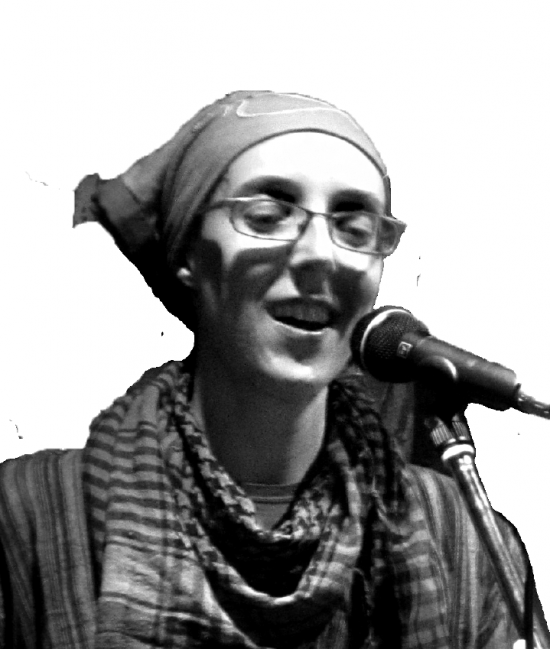‘Oh, bonny Portmore, I am sorry to see such a woeful destruction of your ornament tree.…’
These words begin an Irish lament from Country Antrim, sung for an aged oak that fell in a great storm in 1760.
It is the oldest ‘environmental justice’ song (as we might call it today) sung in the English language that I’ve been able to source. (Please do let me know if you know of other early songs with this theme!)
As with all issues of environmental justice, the critique in this song goes hand in hand with naming colonialism and capitalism.
Although the great tree fell in a storm, it became symbolic of the deliberate deforestation of Ireland by the British government (and military) for shipbuilding.
The song goes on to assert: ‘If I had you now as I had once before all the Lords in Old England would not purchase Portmore.’
It uses the voices of the birds to paint the picture of destruction felt by all creatures: ‘All the birds in the forest they bitterly weep, saying, “Where will we shelter or where will we sleep?”’
The melody of this song is truly beautiful, so I urge you to find and listen to it. As usual, I will share some links to examples of this song on my website.
The origin of ‘tree-hugging’ as a named act seems to lie in the 1970s Chipko movement in Uttarakhand in the foothills of the Himalayas.
Building on earlier actions of nonviolent resistance across the Indian subcontinent, often led by women, the Chipko movement particularly drew inspiration from an 18th-century movement in which representatives of 84 villages laid down their lives literally hugging their sacred khejri trees to prevent loggers from reaching them.
The later Chipko movement is named for the Hindi word that means ‘to cling’ or ‘to hug’, and this movement was full of poetry and songs.
Vandana Shiva, who grew up in the foothills of the Himalayas and joined the Chipko protests as a regular volunteer, writes about the popular slogan, most often translated into English as ‘What do the forests bear? Soil, water and pure air.’ In Hindi: ‘क्या हैं जंगल के उपकार, मिट्टी, पानी और बयार। मिट्टी, पानी और बयार, जिन्दा रहने के आधार।’
Singer and activist Ghanasyam Raturi Sailani, ‘poet laureate’ of the Chipko movement, wrote many songs, and one of his most famous – ‘Appeal by a tree’ – speaks from the perspective of the forest herself:
“I am a world, cutter, I am a maker of life – drinker of rain and breaker of rocks”
‘I who have stood for ages offer myself to you. Do not cut me, I am yours. My gifts give you a good future. Milk and water, thick shade and showers, rich soil and many crops. Do not cut me – save me.… Plant our seedlings for your children, watch them grow to decorate the earth. What is ours is yours also. Do not cut us – save us. Remember Chipko and embrace the trees.’
The song celebrates all the sustenance that we find in the forest, all the shelter and food, but also warns of the impact villagers were already experiencing from deforestation in the 1970s: ‘We stand on slopes and below is the village. Remember, rolling logs will create landslides. Where we are destroyed, dust is flying there. The hill tops are barren. All the water sources have dried up. Do not cut us – save us.’
Between 2014 and 2018 there were massive protests in Sheffield, England, to resist the mass felling of healthy trees across the city.
At a time of global climate crisis, it felt indicative of the disconnect between the (in)action of leaders of towns and countries and the will of billions around the world who seek to save the planet we live on and support the survival of plant and animal (including human) life.
Robert MacFarlane’s ‘Heartwood’ poem was written in protest of the proposed felling of these 17,000 trees in Sheffield.
His lyrics have been shared and set to music in a myriad of contexts and languages since, and the voice of the trees continues to be heard, echoing the same warning given by Sailani 50 years previously: ‘I am a world, cutter, I am a maker of life – drinker of rain and breaker of rocks, caster of shade, eater of sun.... Do you hear the words I utter? I ask this of you – have you heartwood, cutter? Have those who sent you?’


